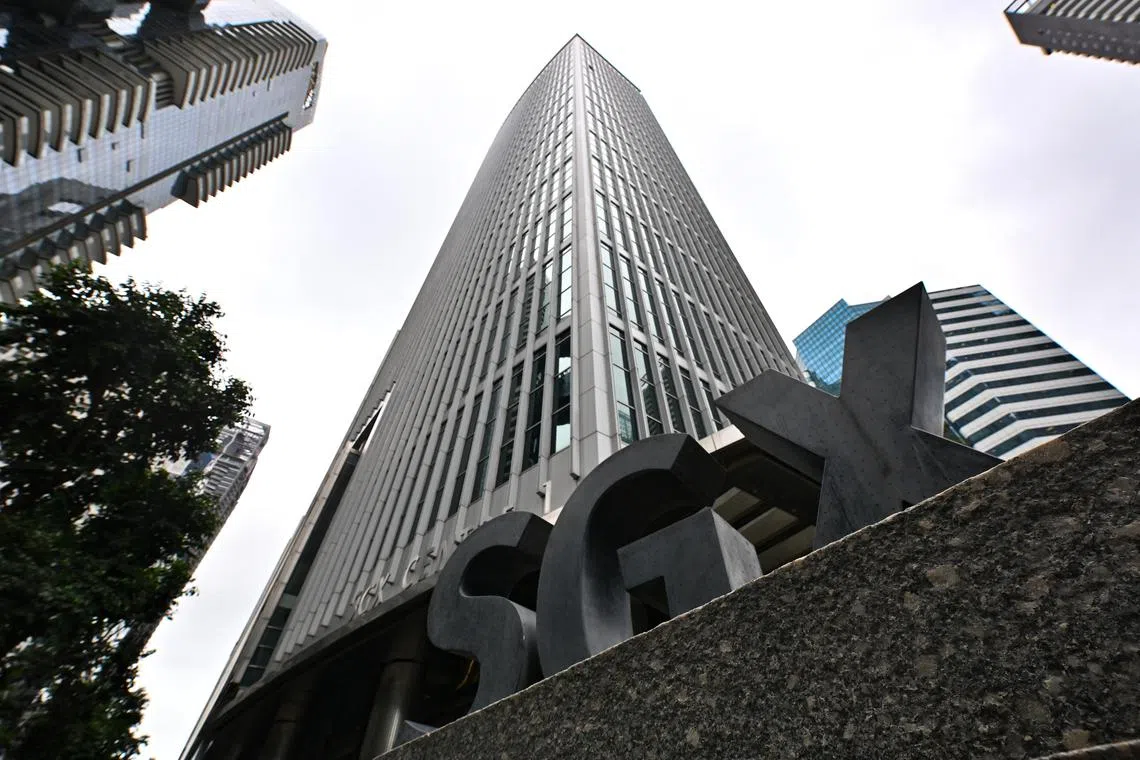STI up 0.9% as regional stocks rise amid further stimulus expectations in China
Sign up now: Get ST's newsletters delivered to your inbox

The Straits Times Index advanced 34.78 points, or 0.9 per cent, to 3,786.13 at the close on Dec 3.
ST PHOTO: LIM YAOHUI
Tan Nai Lun
Follow topic:
SINGAPORE - Singapore shares ended higher on Dec 3, tracking regional gains as China’s central bank reiterated plans to boost the economy to promote growth in 2025.
The benchmark Straits Times Index (STI) advanced 34.78 points, or 0.9 per cent, to 3,786.13 at the close on Dec 3. Across the broader market, gainers outnumbered losers 377 to 184, as 1.3 billion shares worth $1.5 billion changed hands.
Elsewhere in the region, key indexes were largely up. Hong Kong’s Hang Seng Index gained 1 per cent, Japan’s Nikkei 225 was up 1.9 per cent, South Korea’s Kospi Composite Index rose 1.9 per cent while the FTSE Bursa Malaysia KLCI ended 0.7 per cent higher.
In China, yields in Chinese bond markets are at historic lows, as US President-elect Donald Trump’s aggressive trade rhetoric may threaten to exacerbate China’s economic struggles, said Mr Stephen Innes, managing partner at SPI Asset Management.
“Amid this backdrop, the air is thick, anticipating further monetary easing by the People’s Bank of China,” Mr Innes said.
“Despite a series of rate cuts and liquidity injections, the desired economic resurgence remains elusive, prompting speculation of even bolder measures on the horizon,” he added.
Meanwhile, data has showed that overall factory activity in Singapore rose in November, mirroring a region-wide improvement in manufacturing sentiment.
The top gainer on the STI was Thai Beverage, which rose 3.5 per cent or two cents to $0.595. The counter was the top traded by volume on Tuesday, with 73.1 million shares worth $43.1 million changing hands.
Mapletree Industrial Trust was the biggest decliner, down 1.3 per cent or three cents to $2.30.
The trio of banking stocks ended higher. DBS gained 2.3 per cent or 96 cents to $43.51, OCBC rose 0.1 per cent or one cent to $16.21, while UOB was up 1 per cent or 35 cents at $36.75. THE BUSINESS TIMES

